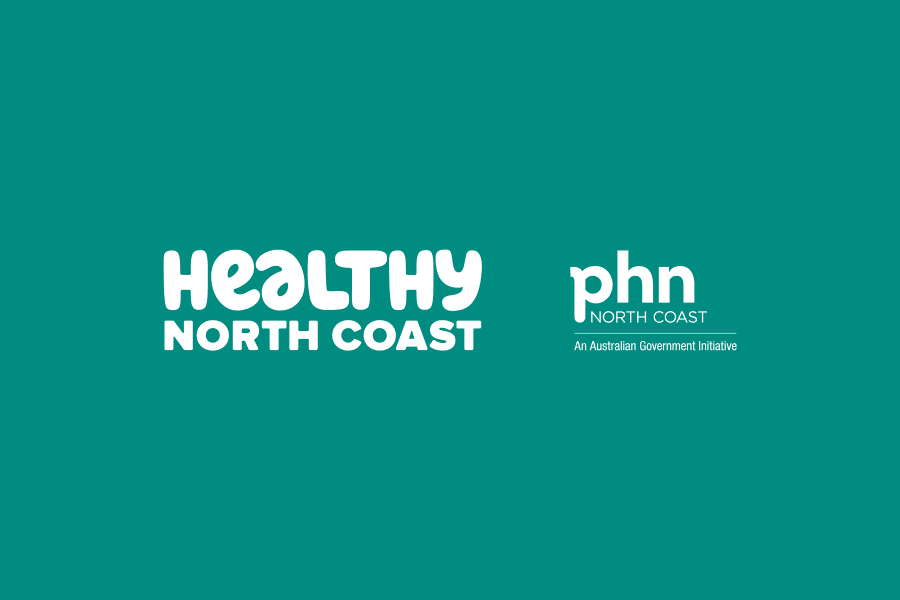On behalf of the Healthy North Coast Board, it is with great regret that I advise that Julie Sturgess, our Chief Executive Officer (CEO) of 4 years, will soon be leaving Healthy North Coast to take up another opportunity in the primary care sector.
In the time that Julie has been with us, she has led Healthy North Coast with passion, vision and unceasing commitment to our North Coast community that has faced devastating bushfires, unprecedented floods, and a global pandemic. She leaves Healthy North Coast as a primary health network recognised for its innovation, collaboration with other agencies, and ability to get things done.
Julie’s many achievements in the 4 years she has been with us include:
- leadership and support throughout the COVID-19 pandemic for our community and primary care providers, including the establishment of GP Respiratory Clinics, establishing telehealth services, provision of PPE and driving our vaccination campaign to achieve an outstanding vaccination rate of more than 95% for double doses
- in the wake of the recent devastating floods across the Northern Rivers, scaling up our 24-hr free GP telehealth service for people in need, establishing the Lismore Primary Health Precinct and Lismore Head to Health hub within weeks of the floods, rolling out a mobile GP clinic, and setting up 4 Safe Haven community support and wellbeing hubs to provide critical mental health support to hard-hit communities
- ongoing development of an innovative model to improve community access to primary care, delivering professional and accredited nurse triage services through phone and web channels, and reducing the burden on hospital emergency departments
- establishing the North Coast Collective, which harnesses the collaborative efforts of our local health districts, the NSW Government agencies of Health, Community and Justice, Education, Police and Emergency Services, Aboriginal Affairs NSW and the Aboriginal Community-Controlled sector, health consumers, community members and local health and social providers to improve health outcomes for our region
- development of a System Dynamics Modelling tool, currently used in services planning and modelling for our Mental Health and the other Drugs, Healthy Ageing and Aboriginal Health programs.
With all these achievements and many more, Julie leaves our organisation and community in a much stronger position than when she arrived, with robust governance, quality and organisational structures and a commitment to healthy communities as a cornerstone of Healthy North Coast’s approach.
Julie will be finishing with our organisation on 9 September 2022, following which Monika Wheeler, current Executive Director of Wellness, will commence as Acting CEO until the Board finalises a formal CEO appointment.
Monika is well-known and respected in the North Coast Primary Health community. She has over 15 years’ experience leading social policy strategy and health service delivery and holds a Master of Public Policy from the University of Sydney. Monika has worked at the local, state, national and international levels in government and not-for-profit organisations, including over 6 years in various leadership roles with Healthy North Coast.
The Healthy North Coast Board wishes Julie all the best for her future endeavours. We thank her for her leadership through challenging times and her steadfast commitment to improving community health outcomes across the North Coast.
Dr Adrian Gilliland
Board Chair
Healthy North Coast



